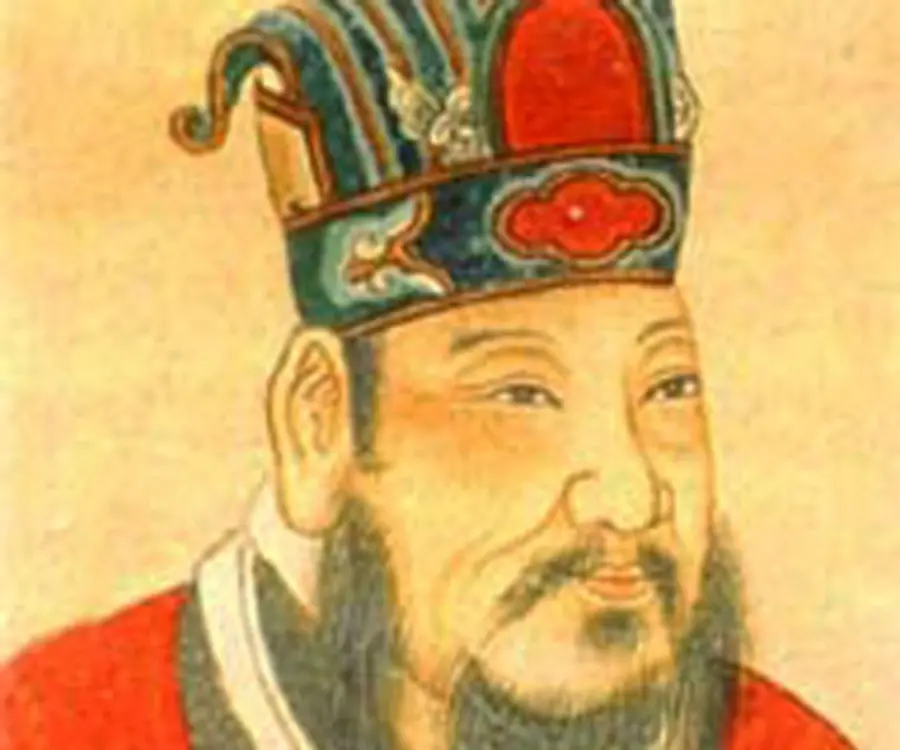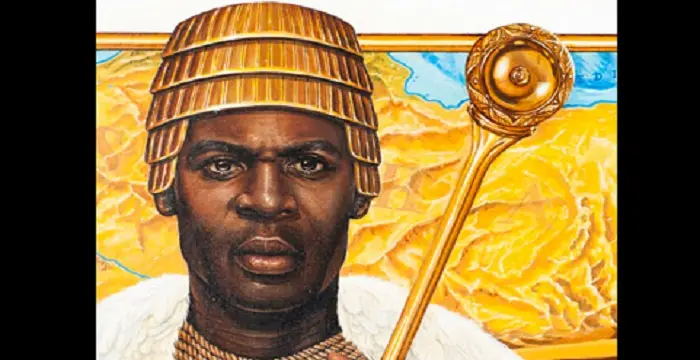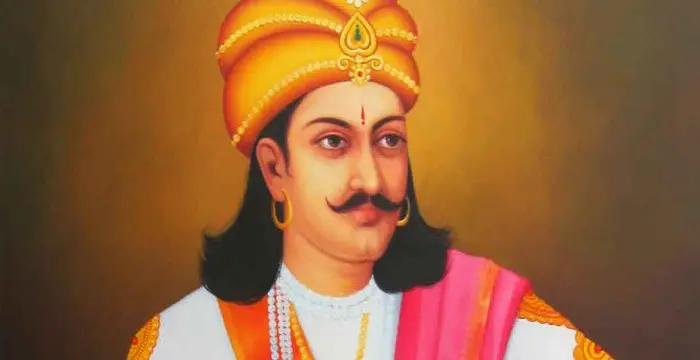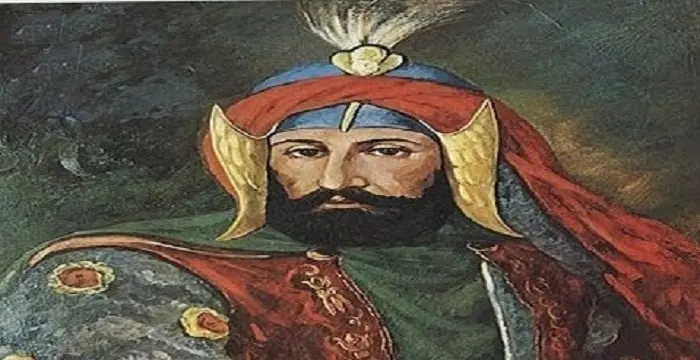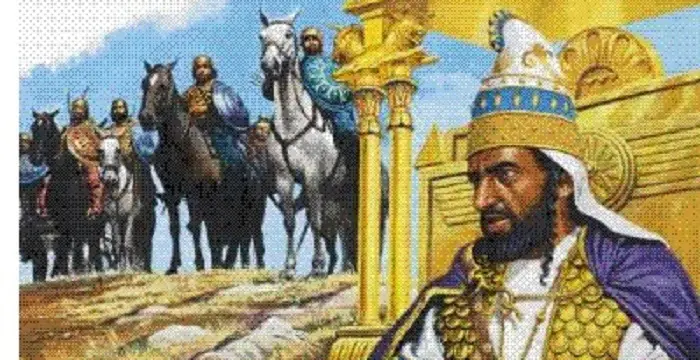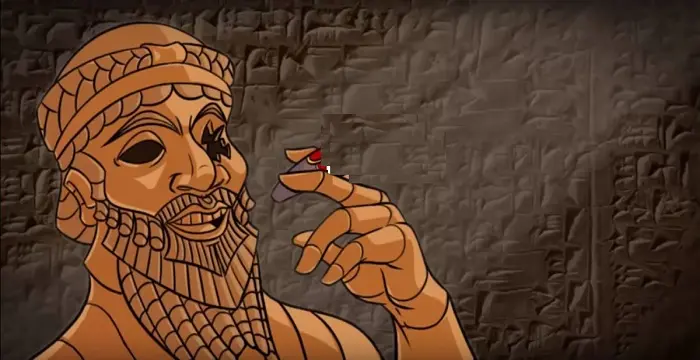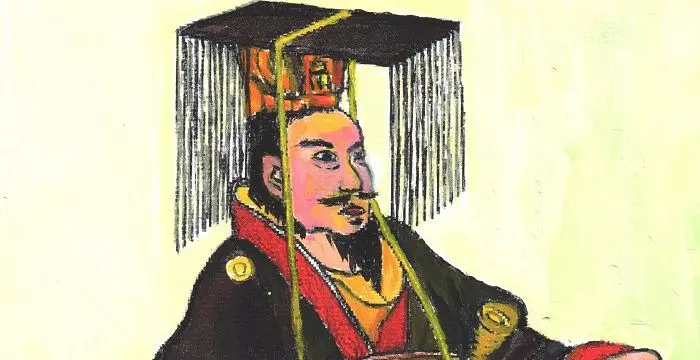
Emperor Wu of Han - Emperor of China, Family and Childhood
Emperor Wu of Han's Personal Details
Wudi was the seventh emperor of the Han dynasty of China, ruling from 141–87 BC
| Information | Detail |
|---|---|
| Nationality | Chinese |
| Famous | Historical Personalities, Emperors & Kings, Emperor of China, Emperors, Kings |
| Spouses | Consort Li Ji, Consort Wang, Consort Xing, Consort Yin, Consort Zhao, Empress Chen Jiao, Empress Wei Zifu, Lady Li |
| Siblings | Liu Sheng, Prince of Zhongshan, Princess Longlü, Princess Nangong, Princess Pingyang |
| Known as | Han Wudi, Liu Che, Xiao Wu Huangdi |
| Childrens | Emperor Zhao of Han, Liu Bo, Liu Dan, Liu Hong, Liu Ju, Liu Xu, Prince Ai of Changyi, Prince Huai of Qi, Prince La of Yan, Prince Li of Guangling, Princess Shiyi, Princess Wei the Eldest, Princess Yangshi, Princess Zhuyi |
| Birth Place | Chang'an |
| Gender | Male |
| Father | Emperor Jing of Han |
| Mother | Empress Wang Zhi |
| Sun Sign | Cancer |
| Born in | Chang'an |
| Famous as | Emperor of China |
| Died at Age | 69 |
Emperor Wu of Han's photo
Who is Emperor Wu of Han?
Wudi is the posthumous name of Emperor Wu of Han who was the seventh emperor of the Han dynasty of China; he ruled from 141–87 BC. His reign lasted over half a century and is one of the longest reigns in Chinese history. A famed military campaigner, Wudi led his armies on great expeditions that resulted in vast expansion of the territories under his rule. The autocratic emperor with his ruthless campaigning brought Southern China and northern and central Vietnam under his control and was successful in re-conquering northern and central Korea which had slipped out of Chinese control. Even though he was able to considerably expand his empire through his aggressive military campaigns, these wars also depleted much of the empire’s reserves and wealth. He declared new taxes and implemented new business policies to increase the state’s income which made him unpopular among the citizens. Even though marked by prosperity in the beginning, the final years of his reign were filled with financial difficulties and political unrest. Wudi was also known for his introduction of various religious and cultural changes into the society. He made Confucianism the state religion of China, and was obsessed with finding the path to immortality
// Famous Emperors
Sundiata Keita
Sundiata Keita was the founder of the Mali Empire in West Africa. This biography profiles his childhood, early life, struggles, founding of empire, rule, administration, achievements and also gives some fun facts.
Ashoka
Ashoka was the third emperor of the Mauryan Dynasty and ruled almost the entire Indian subcontinent. This biography profiles his childhood, life, reign, achievements and timeline
Murad IV
Murad IV was one of the mighty Sultans in the history of the Ottoman Empire. This biography profiles his childhood, family, accession, rule, administration and timeline.
Childhood & Early Life
He was born as Liu Che on 30 June 156 BC in Chang'an, (now Xi'an, Shaanxi Province, China) to Liu Qi and his consort Wang Zhi. His grandfather was Emperor Wen of Han upon whose death Liu Qi ascended the throne as Emperor Jing of Han.
Liu Che was his father’s tenth son and thus initially considered unlikely to inherit the throne. However he became his father’s favorite son and was made the Prince of Jiaodong in 153 BC. He was later made crown prince in 149 BC.
Acession & Reign
Emperor Jing died in 141 BC and Crown Prince Liu Che ascended the throne as Emperor Wu. He was just 15 years old at that time.
Up to that time, the Han dynasty was run according to a Taoist wu wei ideology which emphasized on economic freedom and decentralization of government. Even though these policies helped to bring economic stability, they also resulted in the loss of political control by the government.
Young Emperor Wu was not satisfied with the ongoing policies and strived to bring about economic and political reforms. He consulted Confucian scholars and launched a series of reforms which came to be known as the Jianyuan Reforms.
However, since the emperor was still young, he was unable to fully implement his proposed policies as they were opposed by his mother and grandmother in whose hands the real political power to manage the government existed.
In 135 BC, his grandmother Grand Empress Dowager Dou died, and Emperor Wu could finally implement his ambitious plans. Almost immediately, he began a military campaign of territorial expansion and sent out troops in all directions.
Starting from 133 BC, he launched attacks on the nomadic Xiongnu people, whom he considered to be China’s principal threat on the northern frontier. The conflicts, known as the Han-Xiongnu War, continued for several years, over the course of which his armies spread out in all directions and expanded the territories under his rule.
Over the years he was successful in bringing southern China and northern and central Vietnam into Chinese control. He had lost control over the regions of northern and central Korea in 128 BC which he went on to successfully re-conquer later on. Emperor Wu was not someone to take defeat lightly.
Emperor Wu was an autocratic ruler, known for his ruthlessness and cruelty. He was also obstinate and vain. He developed a fascination for horses from the Fergana valley region which was very far away from the Chinese mainland. The first expedition (104 BC) he sent to the land was a failure, but he persevered and sent a second expedition that returned with horses in 101 BC.
He was very religious and worshiped the divinity Tai Yi (Dong Huang Tai Yi), a deity to whom he was introduced by his shaman advisers. He was also highly superstitious and was fascinated with the idea of achieving immortality.
In his quest for more power and in his desire to vastly expand the territories under his realm, Emperor Wu overspent from the state’s reserves. The final years of his rule were marked by great financial difficulties brought about by excessive expenditures on war and his lavish lifestyle.
Major War
The Han-Xiongnu War, a series of battles fought between the Chinese Han Empire and the Xiongnu confederated state from 133 BC to 89 AD, was the biggest war that took place during Emperor Wu’s reign. The war culminated in the total victory of the Han Empire over the Xiongnu state in 89 AD.
Personal Life & Legacy
Emperor Wu’s first marriage was to an older cousin, Chen Jiao, who later became known as Empress Chen of Wu. This marriage was a political alliance and did not result in the birth of any children. The empress was deposed in 130 BC for committing witchcraft.
His second marriage was to Wei Zifu which lasted for 49 years. She was the mother of Emperor Wu's heir apparent, Crown Prince Liu Ju. In addition to his two wives, he had several concubines who bore him numerous children.
Wei Zifu and the crown prince were falsely accused of practicing witchcraft by some political conspirators following which the prince led an uprising in which thousands of people were killed. After the failed uprising, both the mother and son committed suicide.
Emperor Wu was grief stricken by the deaths of his wife and son, and repented for his losses during his last years. He became seriously ill by 88 BC and declared his youngest son, Liu Fuling, to be the crown prince. The emperor died on 29 March 87 BC. He was assigned the posthumous name of “Wudi” which is used for historical and religious purposes.
// Famous Kings
Sundiata Keita
Sundiata Keita was the founder of the Mali Empire in West Africa. This biography profiles his childhood, early life, struggles, founding of empire, rule, administration, achievements and also gives some fun facts.
Ashoka
Ashoka was the third emperor of the Mauryan Dynasty and ruled almost the entire Indian subcontinent. This biography profiles his childhood, life, reign, achievements and timeline
Murad IV
Murad IV was one of the mighty Sultans in the history of the Ottoman Empire. This biography profiles his childhood, family, accession, rule, administration and timeline.
Emperor Wu of Han biography timelines
- // 30th Jun 156 BCHe was born as Liu Che on 30 June 156 BC in Chang'an, (now Xi'an, Shaanxi Province, China) to Liu Qi and his consort Wang Zhi. His grandfather was Emperor Wen of Han upon whose death Liu Qi ascended the throne as Emperor Jing of Han.
- // 149 BCLiu Che was his father’s tenth son and thus initially considered unlikely to inherit the throne. However he became his father’s favorite son and was made the Prince of Jiaodong in 153 BC. He was later made crown prince in 149 BC.
- // 141 BCEmperor Jing died in 141 BC and Crown Prince Liu Che ascended the throne as Emperor Wu. He was just 15 years old at that time.
- // 135 BCIn 135 BC, his grandmother Grand Empress Dowager Dou died, and Emperor Wu could finally implement his ambitious plans. Almost immediately, he began a military campaign of territorial expansion and sent out troops in all directions.
- // 133 BCStarting from 133 BC, he launched attacks on the nomadic Xiongnu people, whom he considered to be China’s principal threat on the northern frontier. The conflicts, known as the Han-Xiongnu War, continued for several years, over the course of which his armies spread out in all directions and expanded the territories under his rule.
- // 133 BCThe Han-Xiongnu War, a series of battles fought between the Chinese Han Empire and the Xiongnu confederated state from 133 BC to 89 AD, was the biggest war that took place during Emperor Wu’s reign. The war culminated in the total victory of the Han Empire over the Xiongnu state in 89 AD.
- // 130 BCEmperor Wu’s first marriage was to an older cousin, Chen Jiao, who later became known as Empress Chen of Wu. This marriage was a political alliance and did not result in the birth of any children. The empress was deposed in 130 BC for committing witchcraft.
- // 104 BC To 101Emperor Wu was an autocratic ruler, known for his ruthlessness and cruelty. He was also obstinate and vain. He developed a fascination for horses from the Fergana valley region which was very far away from the Chinese mainland. The first expedition (104 BC) he sent to the land was a failure, but he persevered and sent a second expedition that returned with horses in 101 BC.
- // 29th Mar 87 BCEmperor Wu was grief stricken by the deaths of his wife and son, and repented for his losses during his last years. He became seriously ill by 88 BC and declared his youngest son, Liu Fuling, to be the crown prince. The emperor died on 29 March 87 BC. He was assigned the posthumous name of “Wudi” which is used for historical and religious purposes.
// Famous Emperors & Kings
Sundiata Keita
Sundiata Keita was the founder of the Mali Empire in West Africa. This biography profiles his childhood, early life, struggles, founding of empire, rule, administration, achievements and also gives some fun facts.
Ashoka
Ashoka was the third emperor of the Mauryan Dynasty and ruled almost the entire Indian subcontinent. This biography profiles his childhood, life, reign, achievements and timeline
Murad IV
Murad IV was one of the mighty Sultans in the history of the Ottoman Empire. This biography profiles his childhood, family, accession, rule, administration and timeline.
Xerxes I
Xerxes I (Xerxes the Great) was the fourth and the most famous king of the Archaemenid dynasty of Persia. This biography profiles his childhood, family, personal life, life history, achievements, campaigns, administration, death and other facts.
Sargon of Akkad
Sargon of Akkad, also called ‘Sargon the Great’, ‘Sarru-Kan’ and ‘Shar-Gani-Sharri’, was the founder and first king of the Akkadian Empire. This biography profiles his childhood, life, rule, administration, timeline, and gives some fun facts.
Abdullah of Saudi Arabia
Abdullah bin Abdulaziz Al Saud was the King of Saudi Arabia from 2005 to 2015 and the third wealthiest head of state in the world. Find more facts about his life, childhood and timeline.
Emperor Wu of Han's FAQ
What is Emperor Wu of Han birthday?
Emperor Wu of Han was born at 2020-04-12
When was Emperor Wu of Han died?
Emperor Wu of Han was died at 2020-04-14
Where was Emperor Wu of Han died?
Emperor Wu of Han was died in Chang'an
Which age was Emperor Wu of Han died?
Emperor Wu of Han was died at age 69
Where is Emperor Wu of Han's birth place?
Emperor Wu of Han was born in Chang'an
What is Emperor Wu of Han nationalities?
Emperor Wu of Han's nationalities is Chinese
Who is Emperor Wu of Han spouses?
Emperor Wu of Han's spouses is Consort Li Ji, Consort Wang, Consort Xing, Consort Yin, Consort Zhao, Empress Chen Jiao, Empress Wei Zifu, Lady Li
Who is Emperor Wu of Han siblings?
Emperor Wu of Han's siblings is Liu Sheng, Prince of Zhongshan, Princess Longlü, Princess Nangong, Princess Pingyang
Who is Emperor Wu of Han childrens?
Emperor Wu of Han's childrens is Emperor Zhao of Han, Liu Bo, Liu Dan, Liu Hong, Liu Ju, Liu Xu, Prince Ai of Changyi, Prince Huai of Qi, Prince La of Yan, Prince Li of Guangling, Princess Shiyi, Princess Wei the Eldest, Princess Yangshi, Princess Zhuyi
Who is Emperor Wu of Han's father?
Emperor Wu of Han's father is Emperor Jing of Han
Who is Emperor Wu of Han's mother?
Emperor Wu of Han's mother is Empress Wang Zhi
What is Emperor Wu of Han's sun sign?
Emperor Wu of Han is Cancer
How famous is Emperor Wu of Han?
Emperor Wu of Han is famouse as Emperor of China
